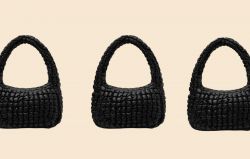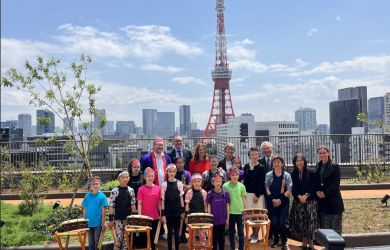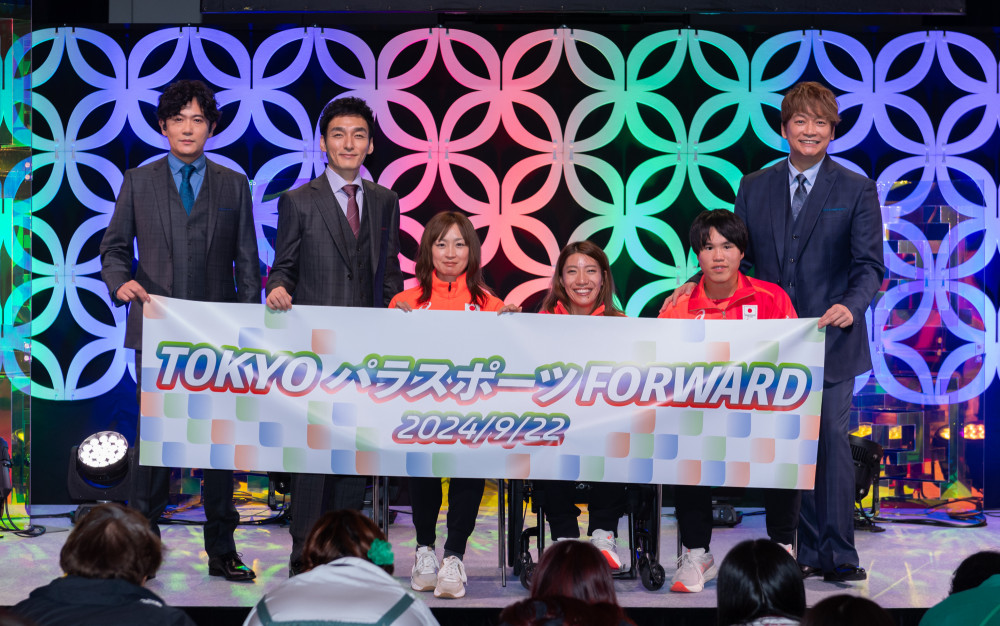
October 1, 2024
Tokyo Parasports Forward 2024
Celebrating Inclusion and Sportsmanship
Bringing Parasports to the People
The Tokyo Metropolitan Government has designated August and September as the annual Tokyo Parasports Month to commemorate the legacy of the 2020 Paralympic Games. As part of this initiative, the Tokyo Parasports Forward 2024 event was held in Akihabara on September 22, offering the general public a chance to experience various parasports firsthand.
This free event featured para-athletes, including recent medallists from the 2024 Paris Paralympics, who demonstrated their skills across a variety of sports. Highlights included the fast-paced 3×3 Wheelchair Basketball and para-archery, where participants hit bullseyes as small as 1 cm in diameter.
Star Hosts and Special Guests
Voice actors Hiro Shimono and Ayane Sakura, known for their roles in parasports anime, hosted the public stage. The event kicked off with a basic sign language introduction and performances by individuals with Down Syndrome. Special guests included the comedic duo Tetsu and Tomu, along with the Tokyo 2020 mascots, Miraitowa and Someity.
Former SMAP members Goro Inagaki, Tsuyoshi Kusanagi, and Shingo Katori also interviewed para-athletes, including Kae Kurahashi, a recent gold medallist in wheelchair rugby.
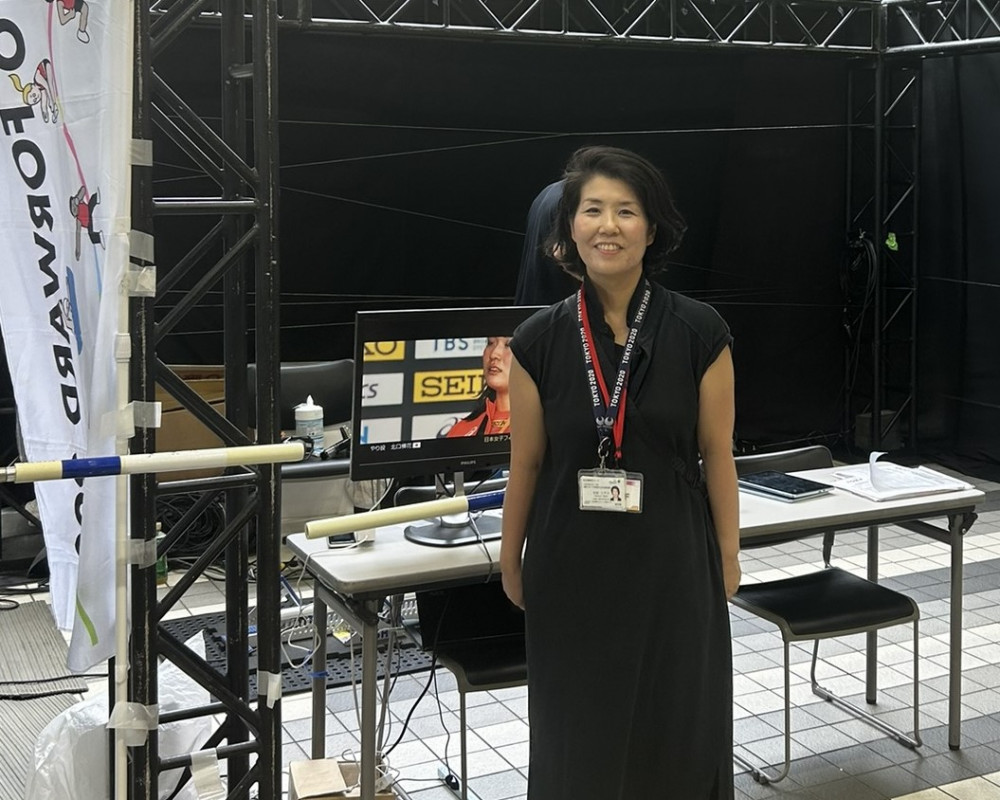
Michiko Nakamura from the Tokyo Bureau of Citizens, Culture, and Sports also took the stage to introduce the upcoming Deaflympics, highlighting that Tokyo will be hosting both the 2025 World Athletics Championships and the Deaflympics next year.
“Japan has specialized schools for people with disabilities, whether intellectual or auditory. Students from regular schools, however, rarely have opportunities to interact with them. This can create uncertainty about how to treat people with disabilities,” Nakamura explains. “The Tokyo Metropolitan Government organized today’s event in order to bridge the gap between the two groups through parasports. We want everyone to co-exist in harmony.”
Promoting Universal Sports for All
Another goal of the event was to encourage participation from everyone. In the Paralympics, able-bodied athletes are not allowed to compete due to the classification system, which is based on the severity of disabilities. However, universal sports like boccia, table tennis and badminton enable able-bodied and disabled athletes to compete together. Nine different parasport experiences were available at the venue, including para powerlifting, para-equestrian, wheelchair hockey and paracanoe. Attendees were also invited to try out white canes and prosthetic legs to better understand the challenges faced by para-athletes.
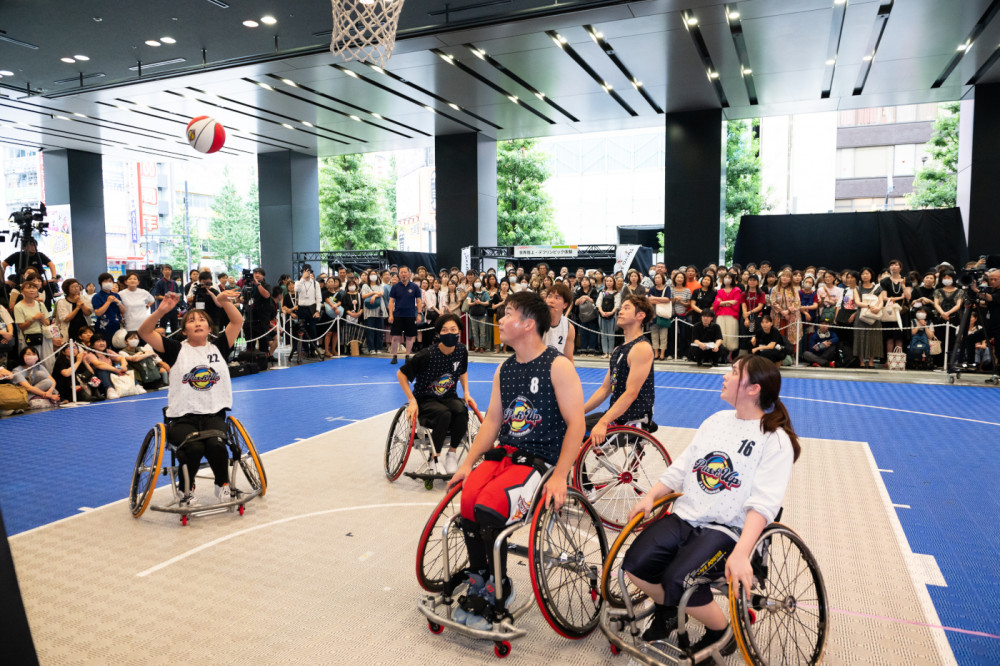
“Through the Deaflympics,” Nakamura continues, “we want to show that hearing-impaired people have an invisible disability, so their number is higher than what the general population thinks.” She pointed out that many deaf athletes already compete alongside hearing athletes, even in the regular Olympics. “Some able-bodied athletes also dare to try para-basketball using a wheelchair,” Nakamura adds.
Raising Awareness
The 2020 Olympic and Paralympic Games led to significant improvements in Tokyo’s barrier-free infrastructure, making it more accessible for wheelchair users. “We put a lot of effort into ensuring that wheelchair users can go anywhere freely,” Nakamura says. “We aim for a completely barrier-free subway system.”
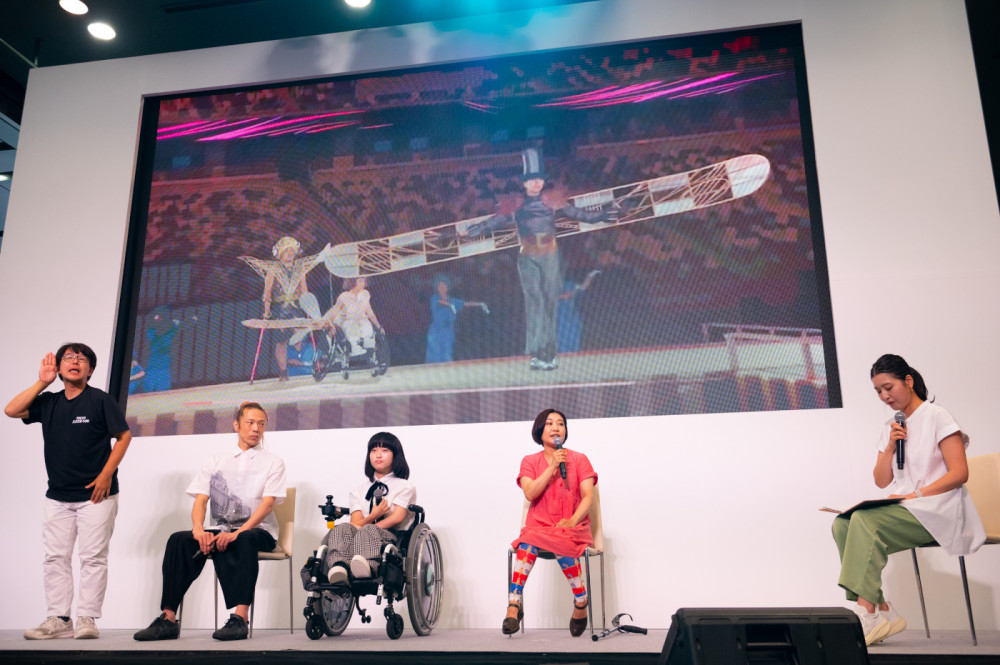
In addition to sports, the event featured a new theatrical production announcement by Yui Wago, a high school student who famously portrayed a one-winged plane dreaming of flying during the 2020 Paralympics ceremony. She, along with director and choreographer Kaiji Moriyama and accessibility director Yoshie Kurisu, revealed Tokyo Forward 2025: Train Train Train. This show tells the story of a girl traveling across mysterious steam locomotives on her wheelchair and will premiere simultaneously with the 2025 Deaflympics in Tokyo. Audition details will be announced in early November.
“The Deaflympic athletes recently came to Tokyo and expressed pride in being deaf because it allowed them to participate in the Deaflympics. Instead of giving in to their disability, they showed the world what they were capable of. Disabilities can have both positive and negative aspects, but in this case, overcoming these challenges gave their lives meaning.”
Read more about Tokyo’s parasport initiatives here: Opening Doors to Parasports
